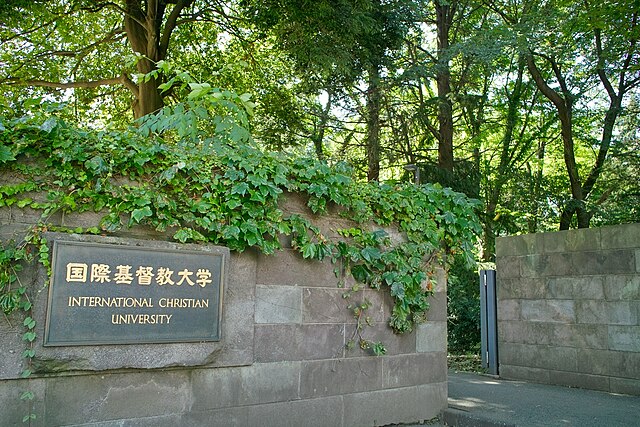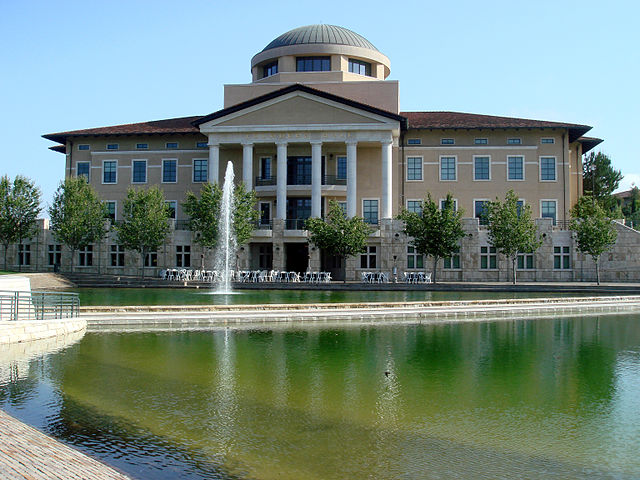
The Faculty of Social Administration, Thammasat University has posted on its Facebook page an invitation to Thammasat University students to participate in two events presented as part of a conference exploring questions of gender in human rights: RIGHTS: Who Has Them? Who Needs Them? Who Wants More?
The events will take place on Friday, 29 January and Saturday, 30 January from 4:30pm to 6:30pm Bangkok time.
TU students are cordially invited to register to attend by writing to the email address
The conference is organized by the Soka University Peace Research Institute (SUPRI) and International Christian University (ICU) Gender Studies Center.
Soka University is a private university in Hachiōji, Tokyo, Japan. Hachiōji is a city located in the western portion of Tokyo Metropolis, Japan.
International Christian University (ICU) is a non-denominational private university located in Mitaka, Tokyo, Japan. A non-denominational organization is one that is not restricted to any particular or specific religious denomination. The noun denomination refers to a recognized autonomous branch of the Christian Church.
On January 29, a gender workshop for students is scheduled to be presented by Associate Professor Johanna O. Zulueta and Soka University students.
The Thammasat University Library owns many books about different aspects of gender studies.
TU students are also familiar with TU’s Women, Gender and Sexuality Studies Programme (WGSSP)
According to a press report from 2015, Thammasat’s postgraduate WGSSP is considered a model for LGBT learning…for a better understanding of the spectrum of identities that capture the true range of human expression.

Associate Professor Johanna O. Zulueta teaches in the Faculty of Sociology at Soka University. As her Researchgate profile explains,
Her main research area is migration in East Asia, examining issues related to ethnicity, gender, home, and aging. She is editor of Thinking Beyond the State: Migration, Integration, and Citizenship in Japan and the Philippines (2018).
Associate Professor Zulueta explains:
I am currently doing research related to older migrants in Japan focusing on aging, gender, citizenship, intergenerational relationships, and end-of-life decision making.
She has also written Transnational Identities on Okinawa’s Military Bases: Invisible Armies.
These books are available to TU students through the TU Library Interlibrary Loan (ILL) service.
Educational traditions
The Soka University educational philosophy was established by Tsunesaburō Makiguchi, the first president of the Soka Gakkai (then called the Soka Kyoiku Gakkai, or Value-creating Education Society), who had worked as the principal of an elementary school in Japan. Makiguchi published the book “The System of Value-Creating Pedagogy” based on his belief that the purpose of education is the students’ happiness, and emphasized humanistic education. This educational philosophy was shared by his successor, Jōsei Toda, who had served as an elementary school teacher. Toda’s successor, Daisaku Ikeda, describes his goal as carrying out the dreams of Makiguchi and Toda.
The TU Library owns a book, Global citizens: the Soka Gakkai Buddhist Movement in the world, containing chapters on Soka Gakkai in historical perspective and The legacy of Tsunesaburo Makiguchi: value-creating education and global citizenship, among other relevant subjects.
As one researcher has pointed out, Tsunesaburō Makiguchi was imprisoned because it was considered that “his outspoken criticism of the prevailing belief system represent[ed] an implicit and explicit protest against an extreme abuse of the educational process for militarist purposes.”
Soka is a Japanese term meaning value creation. In 1971, when Daisaku Ikeda founded Soka University, the school established the following founding principles:
Be the highest seat of learning for humanistic education.
Be the cradle of a new culture.
Be a fortress for the peace of humankind.
Since 2010, the university has also adopted the official motto Discover Your Potential.

TU students may be aware about the Soka University Thai Office:
Soka University was selected for the Top Global University Project initiated by the Ministry of Education, Culture, Sports, Science and Technology in 2014. As one of its initiatives, the Soka University Overseas Office in Thailand (Thammasat University-Soka University Liaison Office) was established at the Thammasat University on June 28, 2016. The office provides information and advice to students in the Philippines who are considering studying in Japan, while also assisting Soka University students studying in the Philippines. The office also works on various activities such as strengthening cooperation with partnering universities.
In August 2019, a joint seminar
was held with Thammasat University, which conducts exchanges with Soka University, on August 22 (Thursday) at Thammasat University in Thailand, and Board of Trustees Chair Yasunori Tashiro and others participated in the seminar. Exchanges with Thammasat University began in 1985, and since then, both universities have been dispatching and accepting students and faculty members. In 2017, the Soka University Faculty of International Liberal Arts and the Thammasat University Faculty of Liberal Arts concluded an inter-faculty agreement, and a Soka University Thai Office was established within the Faculty of Liberal Arts at Thammasat University.
Also in 2019, a Soka University Exchange Program information meeting was held in Thailand:
On June 29, Soka University’s exchange program information meeting took place in Bangkok, Thailand. Soka University International Affairs Office Administrative Director Masahiko Tobita and a staff member from the International Affairs Office attended the meeting, participated in by over 100 high school students and their guardians.
At the meeting, a video introducing the university’s outline and the lives of exchange students was shown, and Administrative Director Tobita shared the university’s educational curriculum, support system including scholarships, and student dormitories, as well as how the campus continues to develop as a Super Global University, aiming toward 2021—the 50th anniversary of the university’s founding.
This was followed by individual consultations in which the participants asked details on entrance exams, the features of each faculty, and questions related to student life, including the dormitories.
On January 30, a webinar and open forum will be moderated by Associate Professor Anne Mette Fisker-Nielsen, a specialist at the Department of Humanities, Soka University in field social anthropology with reference to Japanese politics, religion, society, and gender
Associate Professor Fisker-Nielsen has also been a Senior Teaching Fellow in the Department of Anthropology and Sociology and a Research Associate at the Centre for the Study of Japanese Religions (CSJR) at the School of Oriental and African Studies (SOAS) University of London.
The title of her presentation will be Revolutionizing public self-identity and everyday subjectivities – the intersection between socially prescribed dualities and learning new political identities.

(All images courtesy of Wikimedia Commons)
